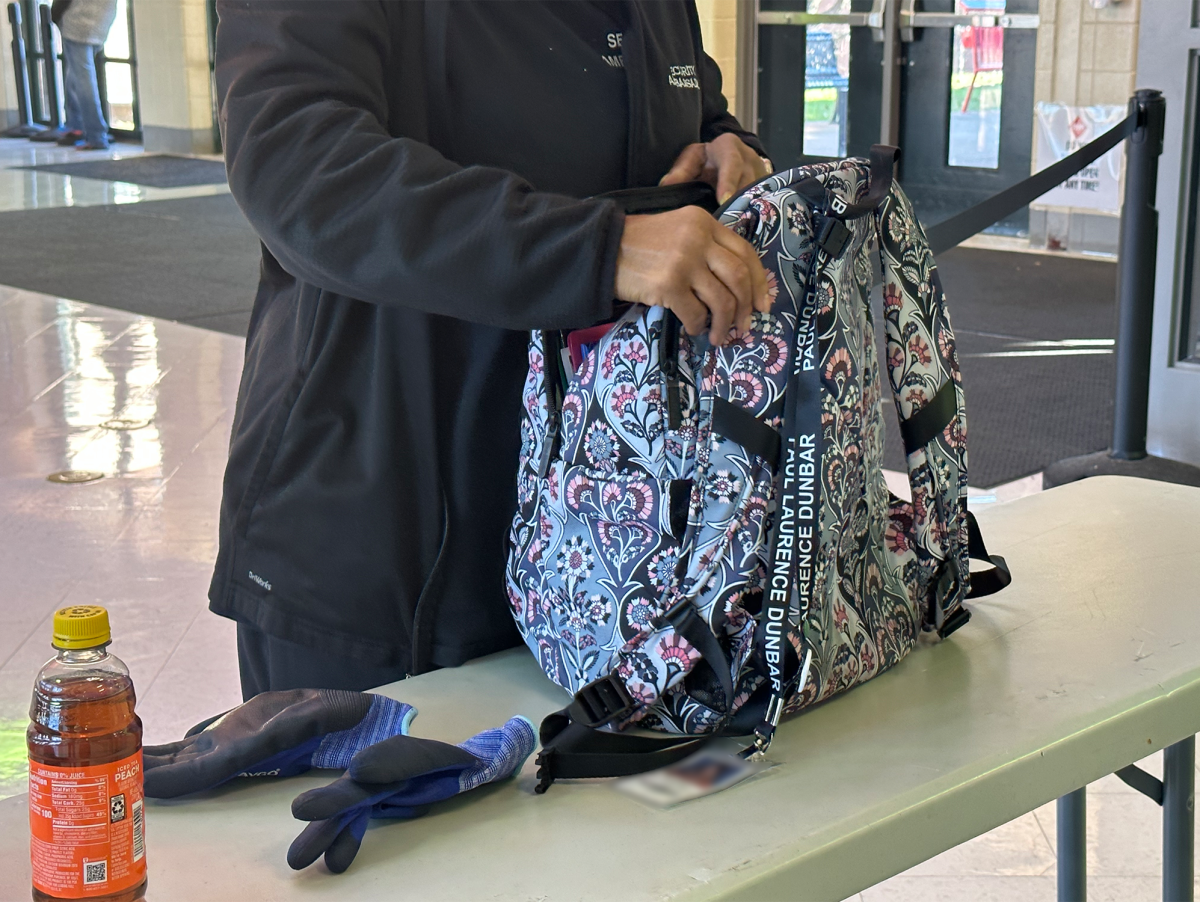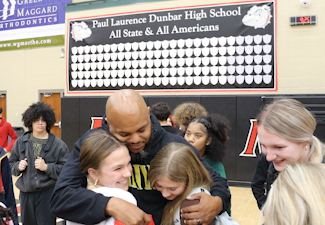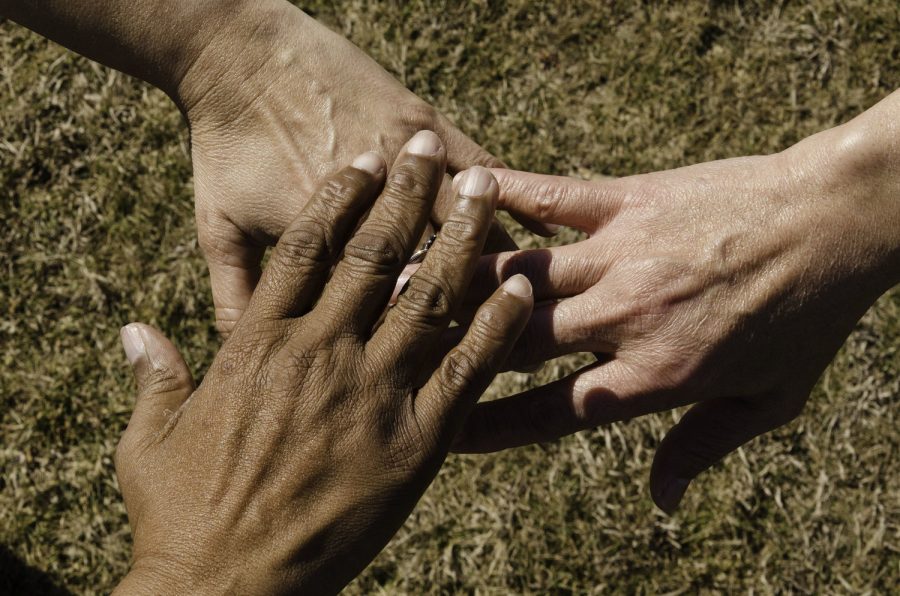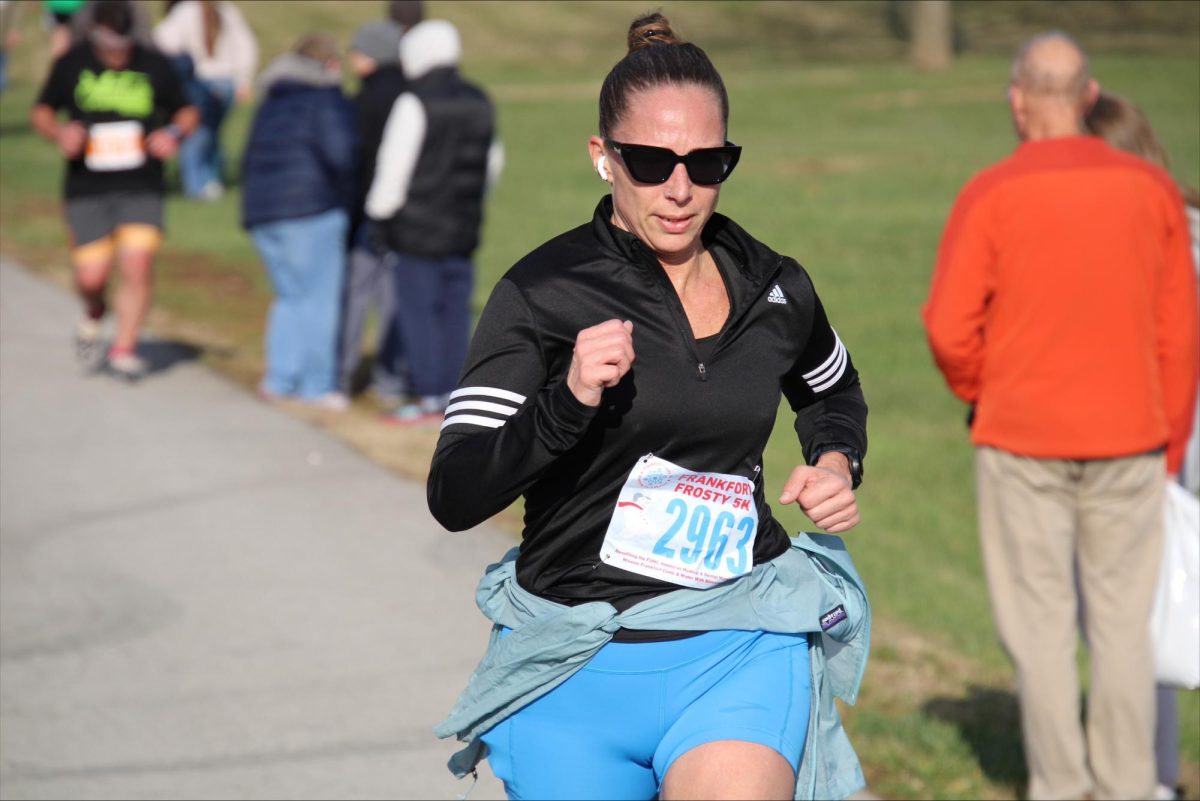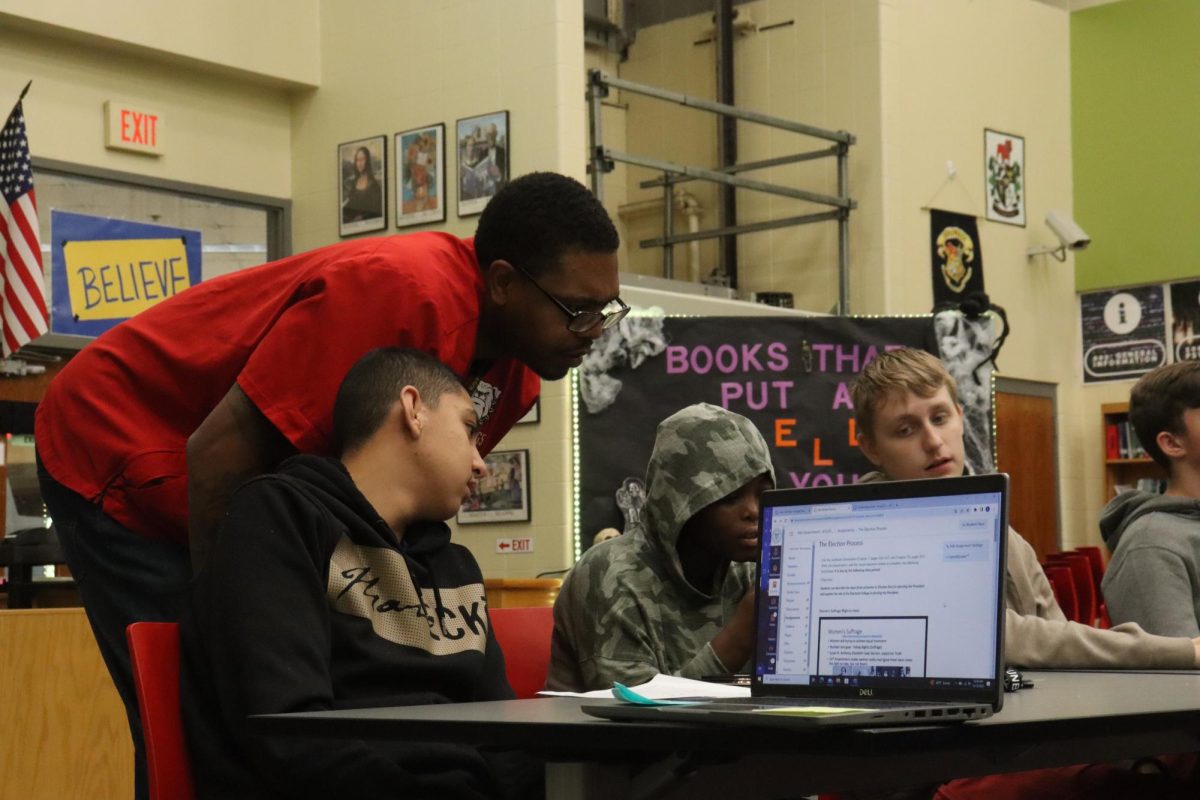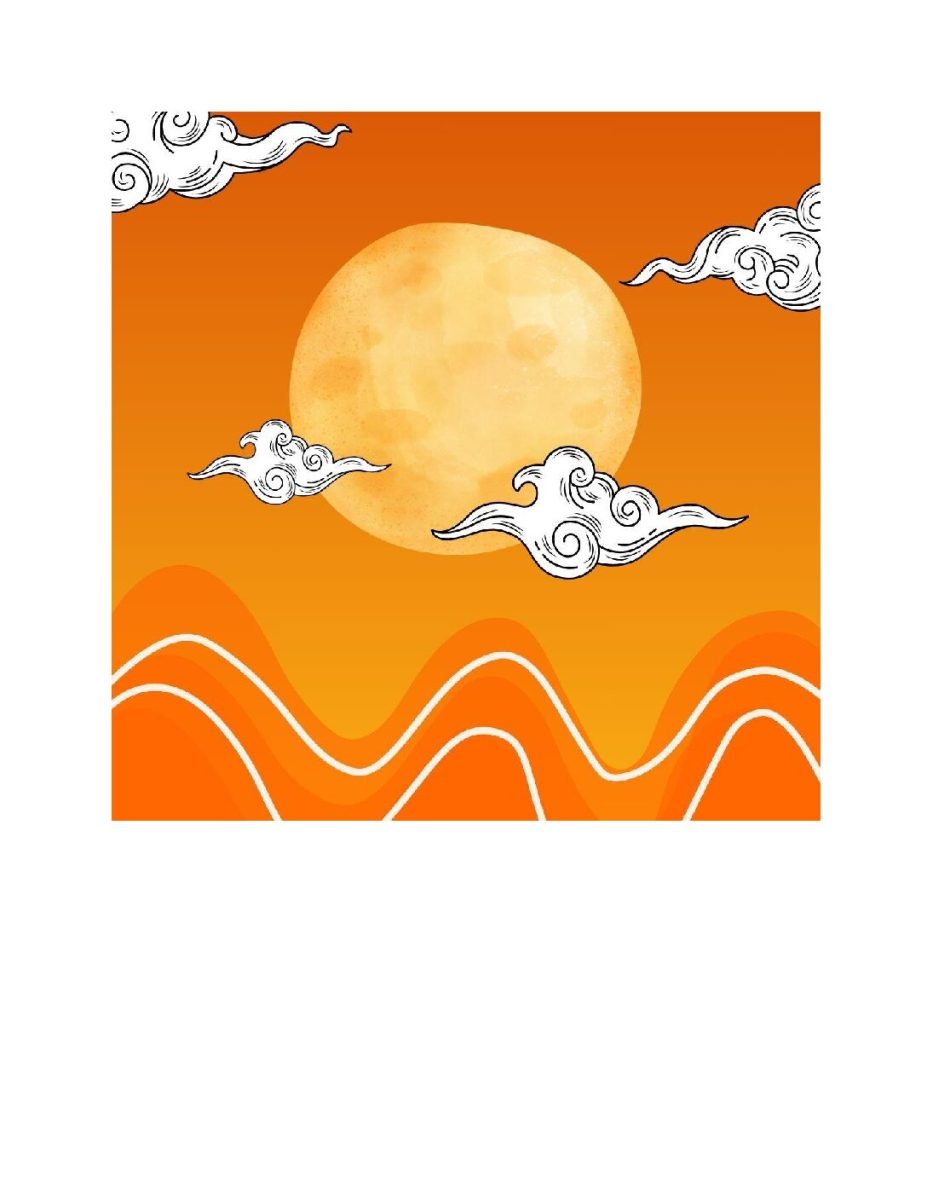Horse and Goat: An Unlikely Friendship
The curious friendship between horse and goat explained
I’ve grown up around horses, and I have always been fascinated by them. My father is the one to blame for this. He would always take me to the stables and teach all about the sport. And, to this day, it’s one of our favorite pastimes.
Every time I would go to the stables, I would always see some horses with a small companion… a goat. I always wondered “Why in the world are there goats on a horse farm?!” and “Man… I really hope the gigantic horse doesn’t trample the small goat.” Don’t worry though, I quickly realized that horses are very gentle with their tiny friends. So why and what are goats used for in horse stables?
The little animals play a surprisingly important role in the racehorse industry and have for centuries.
Thoroughbred horses have always been known for being high-strung and temperamental. The goats exert a calming energy onto the horses which, in a result, causes the horses to relax. In most cases, a lifelong companionship ensues. To put it in simpler terms, the goats baby-sit the horses. And thus, an unlikely friendship is born
Goats very well-suited as a companion animal for horses. Goats are extremely social animals, very smart and clever, and strong as well. They are also very easy to raise, eat the same feed as horses and don’t share any transmissible diseases or parasites.
A horse and its goat companion become inseparable. If a horse doesn’t see its tiny friend, they will pace around their stall and fail to get their much-needed rest. Sadly, goats have about half of a horses lifespan (15-18 years compared to 25-30). When a horse’s goat dies, horses can go into a deep mourning.
The strong friendship that horses and goats share is really quite beautiful and heartwarming. So, to recap, the goats act as a calming influence on the naturally-agitated horses and prepare them for races. Some even say that the phrase “get your goat”, which means to irritate and annoy, originated from thieves stealing a horses’ goat in order to agitate the animal and cause it to perform poorly at a race. This really shows how strong the relationship between horse and goat really is.
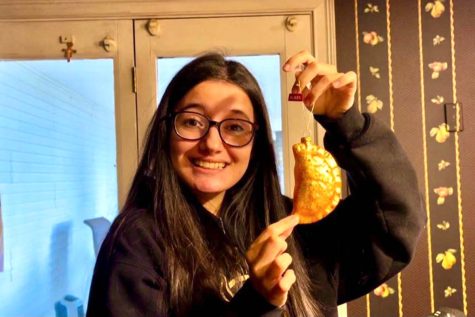
Hi there! My name is Victoria Bravo, I am an Editor-in-Chief, I love hiking, and I hate ham. I oversee our writing department and I supervise all articles...


